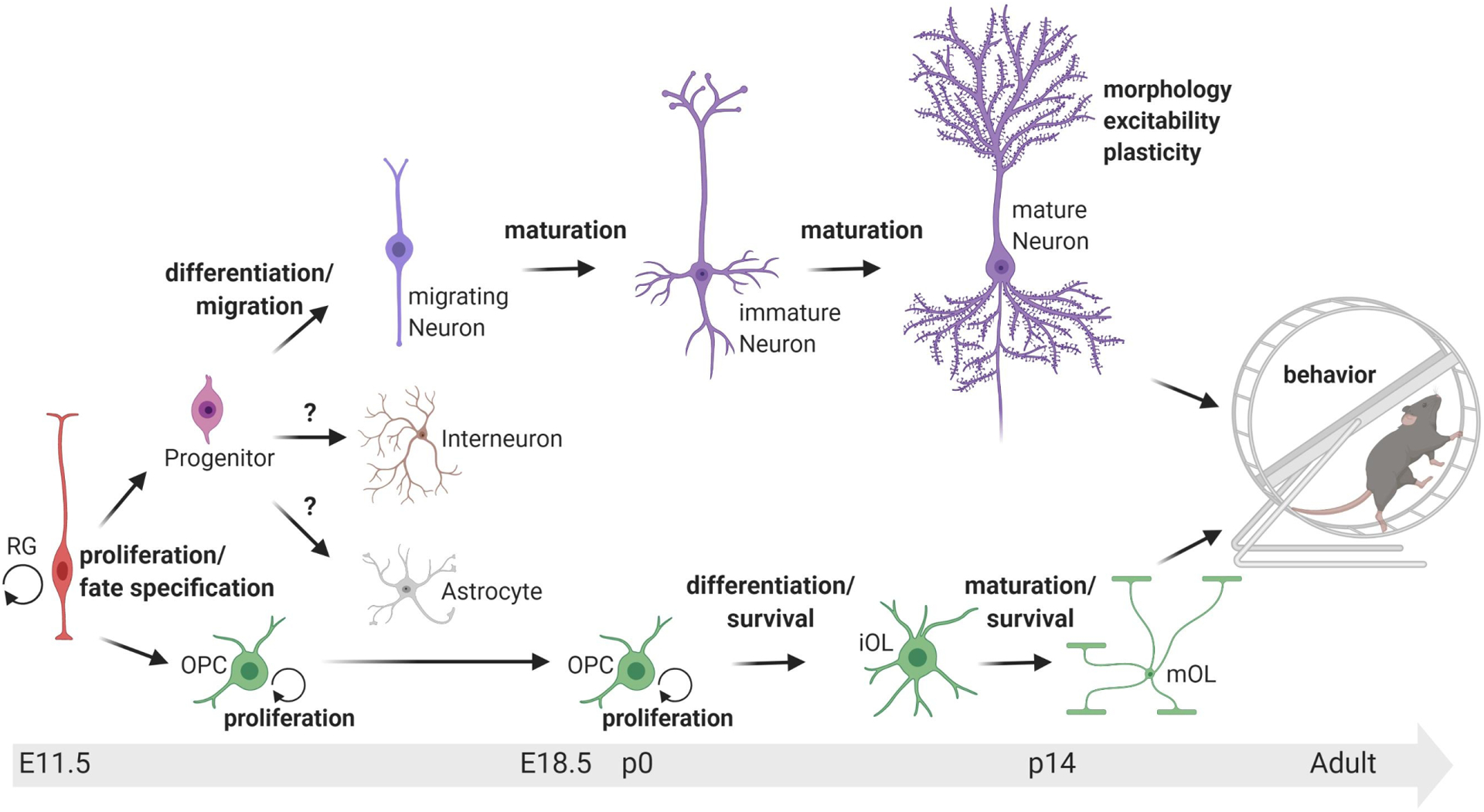Fig. 1. Disease causing mutations in Tcf4 disrupt brain development at various developmental stages and ultimately compromise behavior.

TCF4 is expressed in radial glia cells (RG), progenitor cells, excitatory neurons, inhibitory neurons, astrocytes, oligodendrocyte precursor cells (OPC), and oligodendrocytes (OLs). In the neuronal lineage, Tcf4 mutation disrupts progenitor proliferation and fate specification, migration, differentiation, maturation, morphology, excitability, and plasticity. In the oligodendrocyte lineage, Tcf4 mutation enhances OPC proliferation and reduces the density of mature OLs. TCF4 is expressed in astrocytes and interneurons, but how Tcf4 mutation in these cell types affects their function is unknown. Ultimately, these developmental phenotypes lead to behavioral deficits in PTHS mouse models. Bold type indicates biological process for which Tcf4 mutation produces a phenotype. iOL = immature oligodendrocyte, mOL = mature oligodendrocyte.
